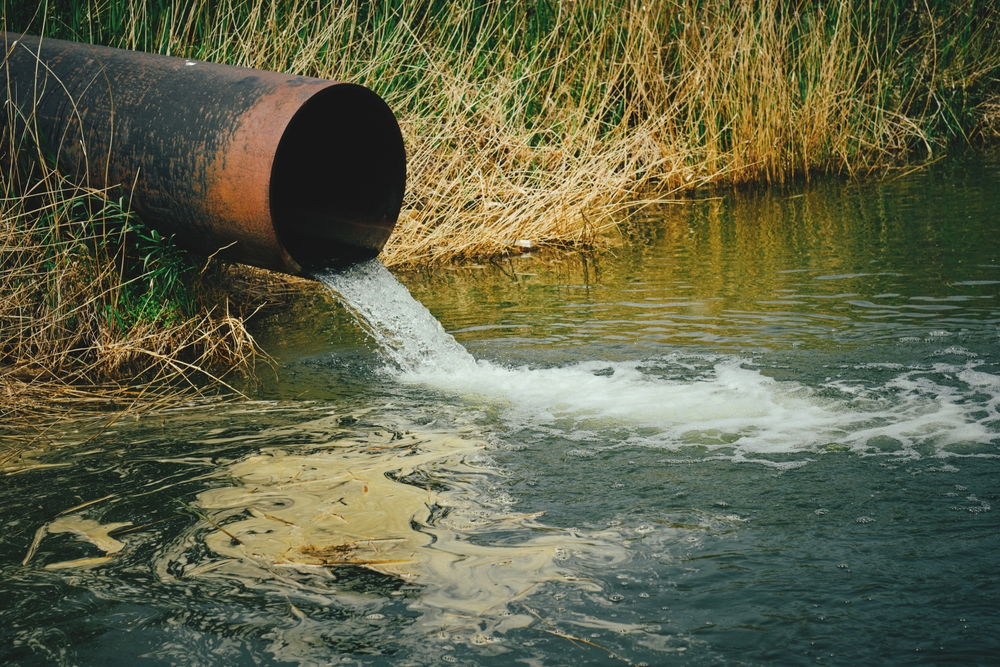Lorem ipsum dolor sit amet, consectetur adipiscing elit. Curabitur eleifend tortor nec augue pretium


London and Manchester top the list of areas where these ‘nature pollution hotspots’ are most concentrated, with Chelsea and Fulham the constituency with the highest concentration.
These areas are experiencing: waterways where raw sewage was dumped for over 336 hours in 2023 or where the ecological health is rated "bad" or "poor"; air pollution levels that exceed World Health Organization guidelines; and artificial light and intrusive noise that disrupt wildlife.
The nature pollution hotspots have been plotted onto a map, which can be viewed here, and underline how England is one of the most nature-depleted countries in the world, with nearly one in six species facing extinction across the UK.
FOE nature campaigner, Sienna Somers, said: "Successive governments have failed to protect our environment from pollution and ensure people can continue to enjoy the health and wellbeing benefits of thriving nature.
“That’s why we’ve ranked pollution hotspots based on constituencies, so citizens and MPs alike can see how pollution impacts their local area and take action.
“Many of us are forced to breathe the same dirty air and live near sewage-infested rivers. While we can choose to avoid these polluted waters, many precious species cannot steer clear of the pollution we pump into their living rooms.”
The researchers explained how water, air, noise and light pollution are threatening the future survival of a host of iconic British species, including pollinating bees and native bats.
Species including otters, dippers, Atlantic salmon, and mayflies have little protection against raw sewage and toxic chemicals being dumped into waterways, while noise pollution affects the ability of more than 109 species to communicate and forage for food.
Meanwhile, noxious fumes from air pollution can reduce honeybees’ ability to recognise scent by up to 90% from only a few metres away, making it near-impossible to follow the trails of flowers.
FOE is now calling for the right to a healthy environment to be enshrined in a new Environmental Rights Act, empowering communities to hold regulators and public bodies to account to reduce pollution.
"Polluters must be held accountable for the harm they cause and forced to clean it up,” Somers continued.
“Stronger laws to hold polluters accountable would also give power back to communities to defend our rights in court, creating a cleaner and healthier environment for wildlife and people alike."
Image credit: Shutterstock